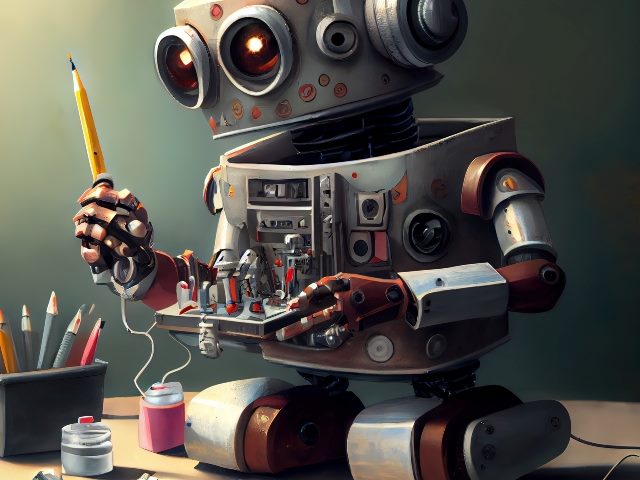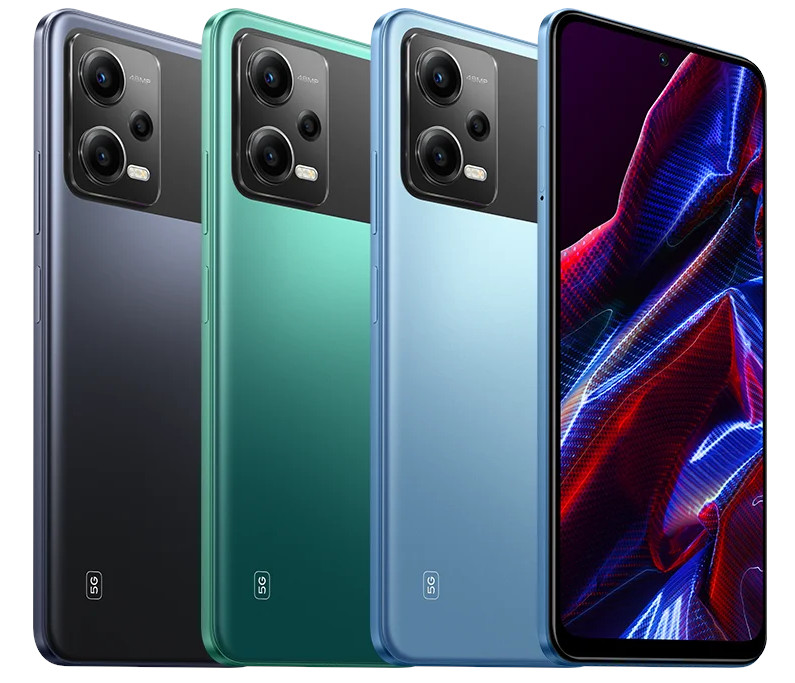
On Jan. 25, Shutterstock announced the launch of its new AI image generation platform. Clients of Shutterstock, known for its vast inventory of stock images, are now able to create images using its AI-based text-to-image technology, which converts words and phrases into images. The AI image generation tool is the latest addition to Shutterstock’s Creative Flow toolkit and is included with customers’ existing licensing packages.
Shutterstock CEO: AI Generative Platform to Revolutionize Storytelling
Shutterstock’s chief executive officer, Paul Hennessy, said in the announcement that the AI generative platform will transform the way people tell their stories — without requiring the user to be a design expert or have access to a creative team to create exceptional work. Shutterstock’s image generator is able to produce unique images from a single word input or short simple phrases and features an intuitive style picker along with support for over 20 languages.
The AI image generator is the result of over two years of partnering with OpenAI, Meta and LG AI Research to “fuel their generative AI research efforts,” along with an October 2022 deal with OpenAI in which the AI lab’s text-to-image model DALL-E 2 was directly integrated into Shutterstock.
Shutterstock Launches Contributor Fund to Reimburse Content Creators
More importantly for the future of content creators and AI companies, Shutterstock also launched a Contributor Fund in October that is designed to reimburse content creators when the company sells their work to train text-to-image AI models. This comes after widespread criticism from artists whose works were scraped from the web without their consent to help train AI generation systems, particularly after Shutterstock themselves sold images and metadata to OpenAI in 2021 to help train the DALL-E AI image generator, a move that OpenAI’s CEO Sam Altman described as “critical to the training of DALL-E.” Shutterstock also banned the sale of AI-generated art on its platform that is not made using its AI image generator.
Related Article: AI Is the Coming Revolution for Digital Marketing
Art-Making With an Intuitive Style Picker and Ranges of Cost per Image
The Shutterstock AI generation tool is capable of creating arguably impressive works of art, which can be filtered to specifically create various styles of images, including photos, art, digital, 3D, or no style, and seems to create the best images when the user is very specific in the text description they provide the AI. Each query results in the creation of four images, and the user is then able to further filter the type of image the AI creates. Images are free to generate but users must sign up with Shutterstock in order to download and use the images, with costs per image ranging from 48 cents to $2.90 per image, depending on the credit package the customer has purchased.
Related Article: Why the AI Ethics Debate Will Make Content Moderation Seem Tame
Download Option, Despite Controversy Surrounding AI-Generated Art
Shutterstock customers can download any image they have created, with a warning that because the image has not been reviewed by the Shutterstock content compliance team, “it should not be used if it contains the likeness of a brand, public personality, or other protected content.” The use of AI to generate images has been fraught with controversy, and other stock image resources, such as Getty Images, have publicly stated that they will not be joining the AI image creation party, very likely because they are involved in their own lawsuit in the UK, claiming that AI art generators stole billions of images in violation of intellectual property rights.
Shutterstock’s AI image generator is the latest addition to the many AI-driven image generators that have become available over the past few years, including the aforementioned DALL-E 2, Fotor, Dream AI, Craiyon, Deep Dream Generator, StarryAI, Photosonic, Artbreeder, Stable Diffusion and DeepAI.
Have a tip to share with our editorial team? Drop us a line:






